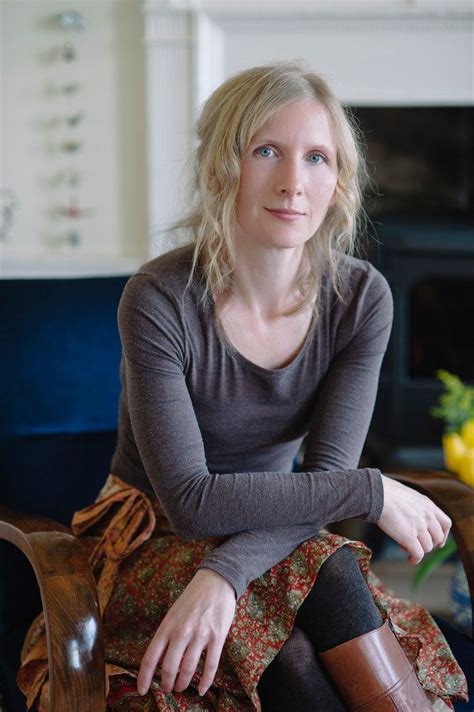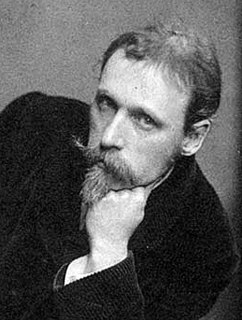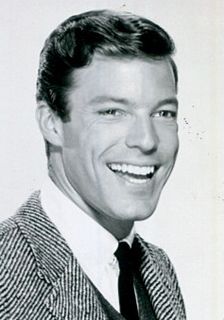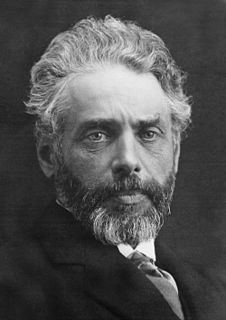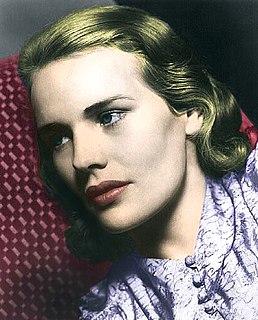A Quote by Samantha Harvey
Socrates, after all, could be an intensely annoying man, all the time questioning passers-by until they became exasperated.
Quote Topics
Related Quotes
It must be granted that in every syllogism, considered as an argument to prove the conclusion, there is a petitio principii. When we say, All men are mortal Socrates is a man therefore Socrates is mortal; it is unanswerably urged by the adversaries of the syllogistic theory, that the proposition, Socrates is mortal.
Socrates: So even our walks are dangerous here. But you seem to have avoided the most dangerous thing of all. Bertha: What's that? Socrates: Philosophy. Bertha: Oh, we have philosophers here. Socrates: Where are they? Bertha: In the philosophy department. Socrates: Philosophy is not department. Bertha: Well, we have philosophers. Socrates: Are they dangerous? Bertha: Of course not. Socrates: Then they are not true philosophers.
I am not a romantic leading man anymore so I don't need to nurture that public image anymore. I can talk about it now because I'm not afraid anymore . . . When I grew up, being gay, being sissy or anything like that, was verboten. I disliked myself intensely and feared this part of myself intensely, and had to hide it and became 'Perfect Richard, All-American Boy' as a place to hide.
Socrates dies with honor, surrounded by his disciples listening to the most tender words -the easiest death that one could wish to die. Jesus dies in pain, dishonor, mockery, the object of universal cursing - the most horrible death that one could fear. At the receipt of the cup of poison, Socrates blesses him who could not give it to him without tears; Jesus, while suffering the sharpest pains, prays for His most bitter enemies. If Socrates lived and died like a philosopher, Jesus lived and died like a god.
Our society is falling back increasingly on rampant consumerism and self-promoting social media as a way for people to feel that their lives matter - self-centered means of numbing the questions of mattering. Culture has relapsed back into the self-aggrandizing, glorifying answers that the Athenians had presumed, which had Socrates railing against them until he got so annoying that they killed him.
It was not until after the coming of Christ that time and humans could breathe freely. It was not until after him that people began to live toward the future. Humans do not die in a ditch like a dog-but at home in history, while the work toward the conquest of death is in full swing; they die sharing in this work.
